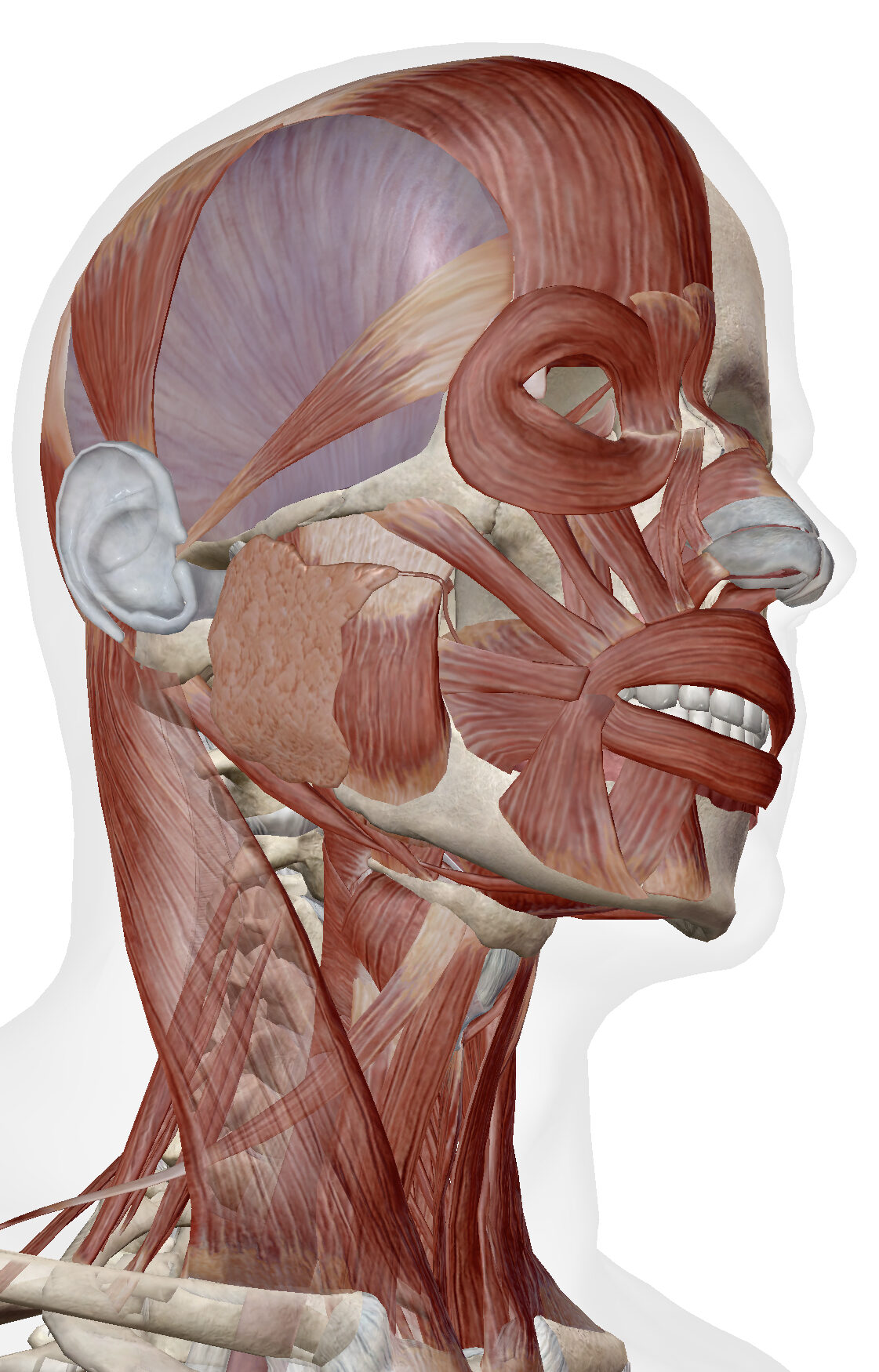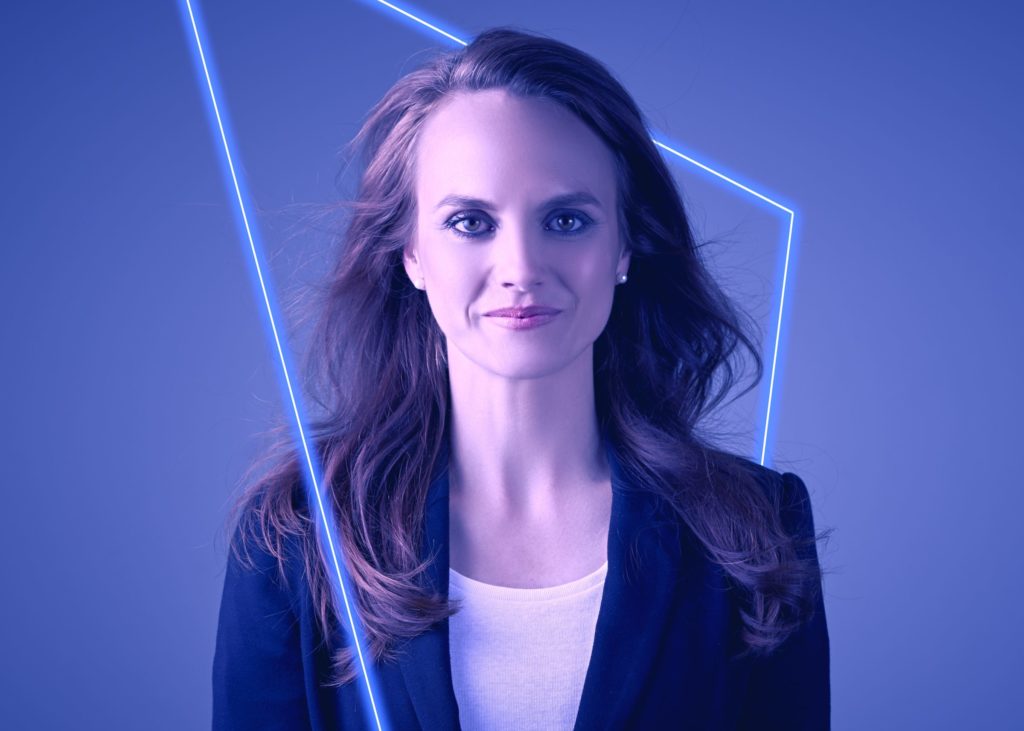Suite 3, Ground Floor, The Gateway,
312 St Kilda Road, Southbank, VIC, 3006
What Is Muscle Tension Dysphonia?

Many of us may have experienced a fatigued or hoarse voice. For some of us, this can be a transient issue and may not impact us at all. However, voice issues can be caused by a multitude of different reasons.
One of these issues is the diagnosis of Muscle Tension Dysphonia (MTD).
An MTD diagnosis by an Ear, Nose and Throat (ENT) Specialist or Speech Pathologist means that the musculature that surrounds your larynx isn’t working as effectively as it should. This can then impact the effectiveness and efficiency of your vocal production.
There are two types of MTD
Primary
- There is no abnormality of the larynx itself but the muscles around your larynx are not working properly, creating an issue with your voice.
Secondary
- There is an abnormality in the larynx that causes a compensatory muscular pattern in order to achieve vocal production.
If you have been diagnosed with MTD you may be experiencing
- An effortful voice
- Vocal fatigue with everyday voice use
- Change in your vocal quality (hoarseness, voice breaks, breathy)
- Loss of strength in your voice
- Sensation of tightness in the throat/neck
- Muscle aching through the front of your neck and throat
- A sensation of a lump in your throat
- Decreased connection between your breathing and voice production
It is really important to remember, as with any voice issue, that having a videostroboscopy with an ENT Specialist (that specialises in voice) and Speech Pathology management is imperative. This allows you to have the correct diagnosis and exercises for your voice rehabilitation.
How can physiotherapy help Muscle Tension Dysphonia?
The larynx sits in the front of your neck and is surrounded by muscles and fascia. Research has indicated that manual therapy of the neck and laryngeal muscles is an effective treatment of Muscle Tension Dysphonia. Therefore, resetting your muscular system is an important aspect of your MTD rehabilitation. This may include releasing the muscles around the larynx, ensure efficient neck and jaw posture and connecting your breath and voice together.
At Performance Medicine, we believe the best results for MTD are when we work in a team with ENTs and Speech Pathologists.
We develop your physical exercises to ensure efficient use of your body and muscles around your larynx whilst you progress your voice exercises with your Speech Pathologist.
We often don’t worry too much about a voice issue, but if these issues are impacting your daily interactions and ability to communicate we definitely recommend that you see your doctor, a local speech pathologist or ENT to ensure that you get the right treatment.


